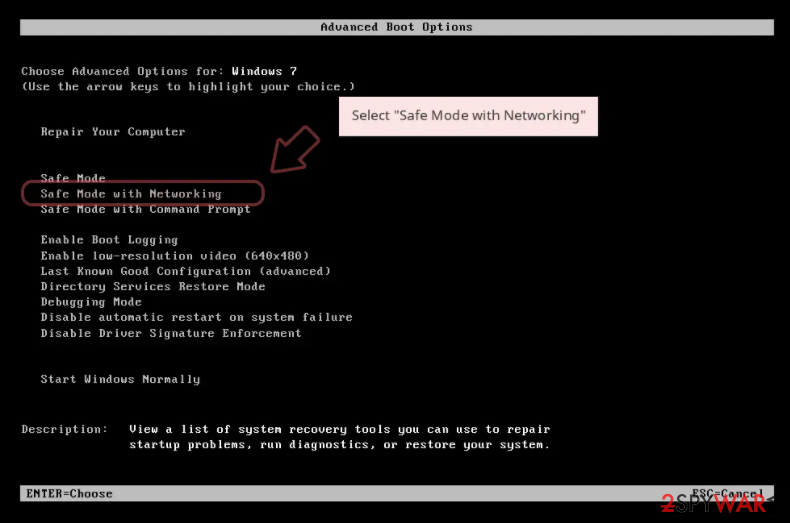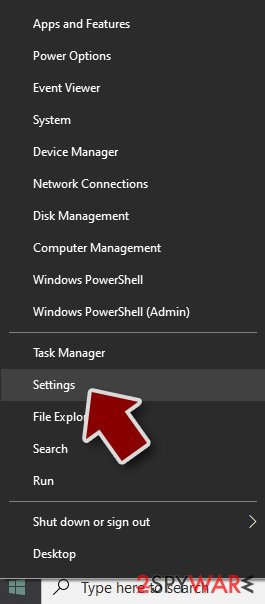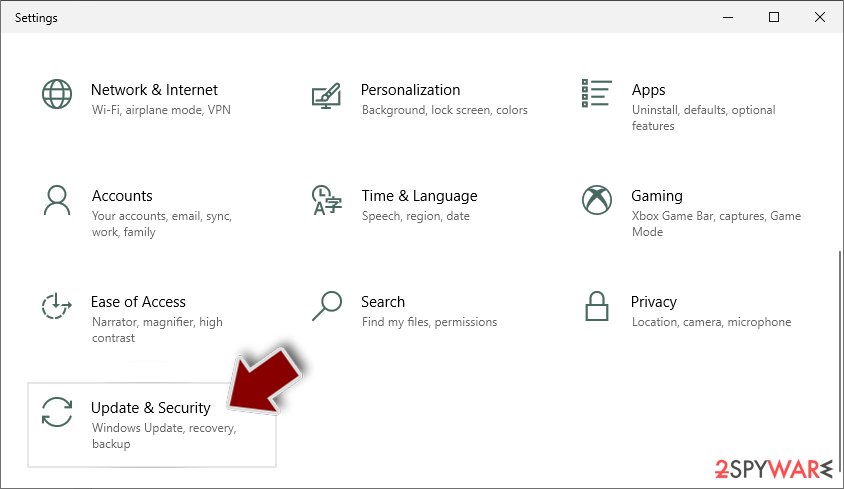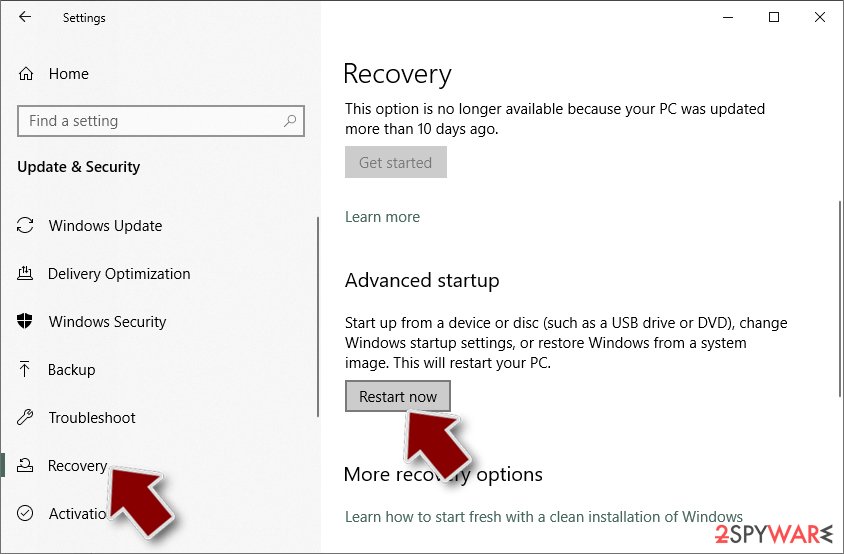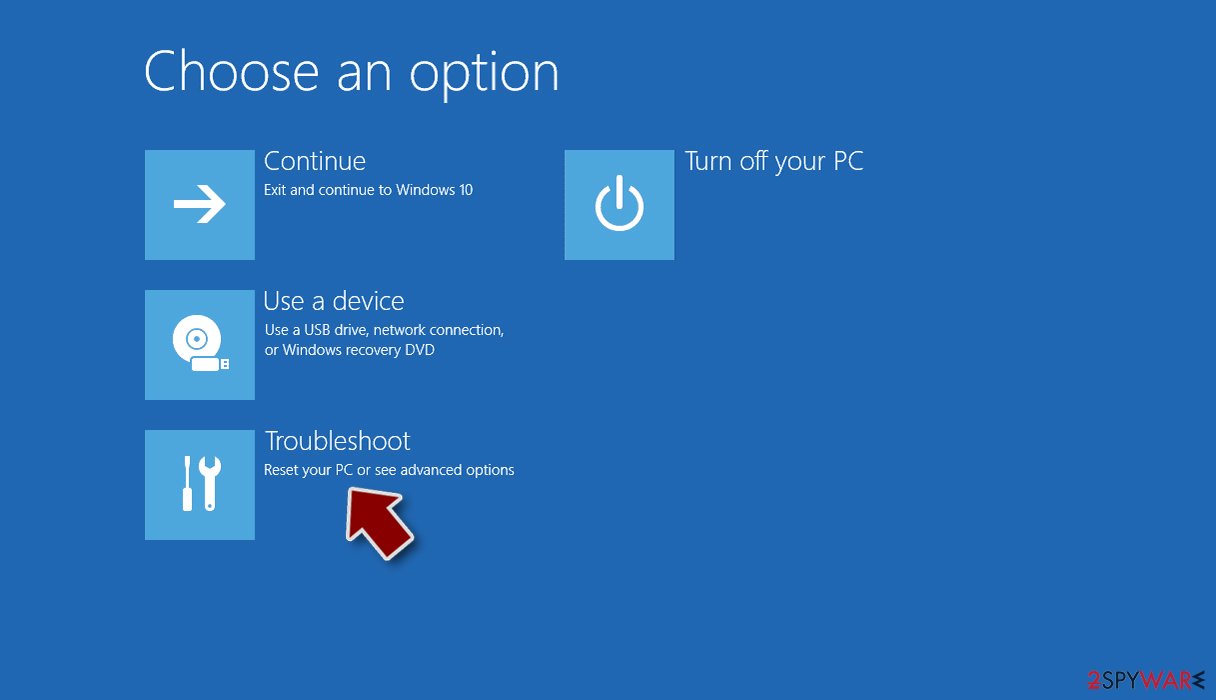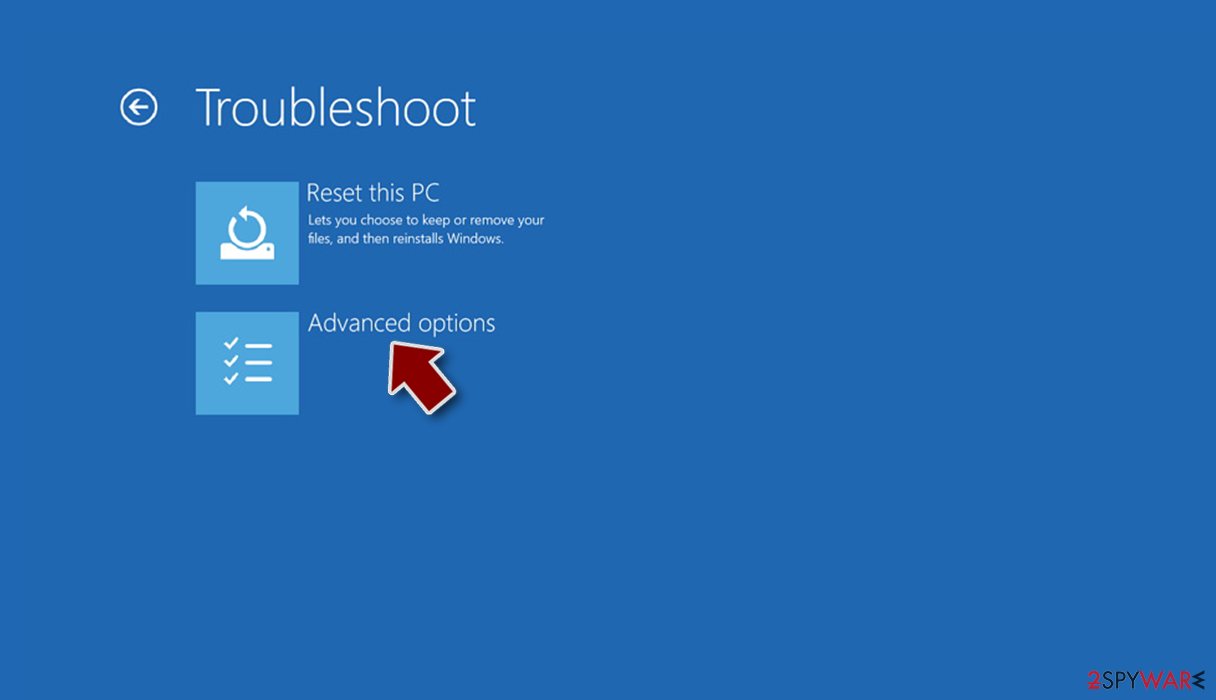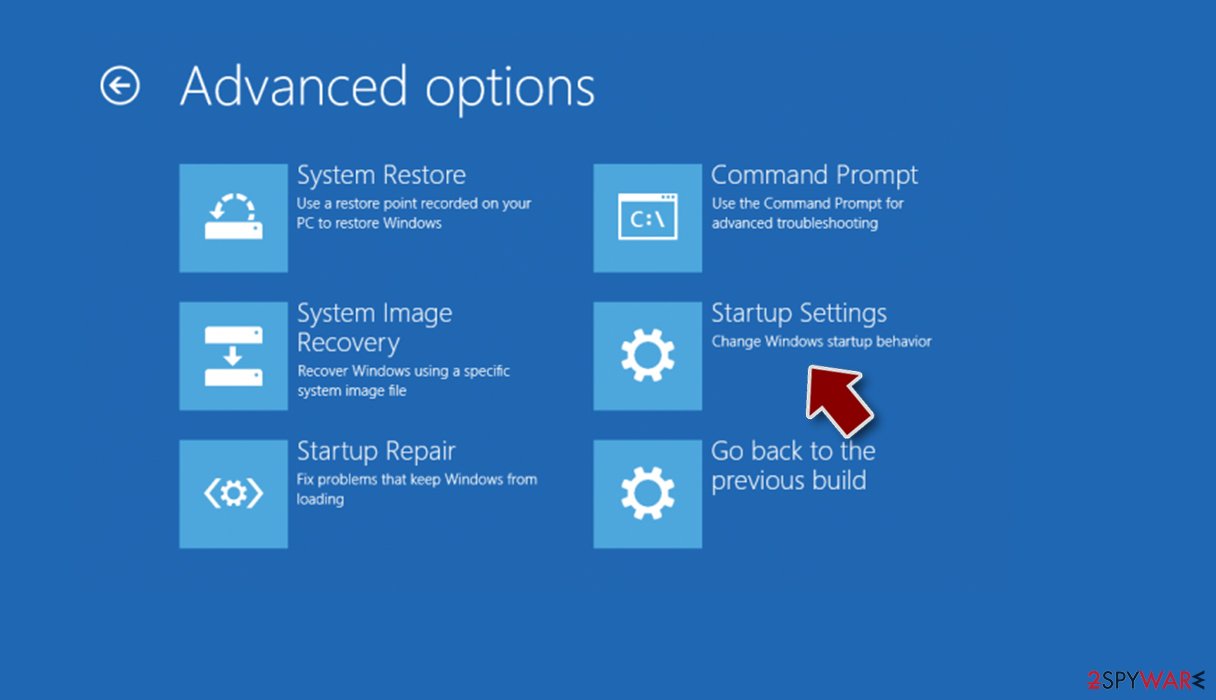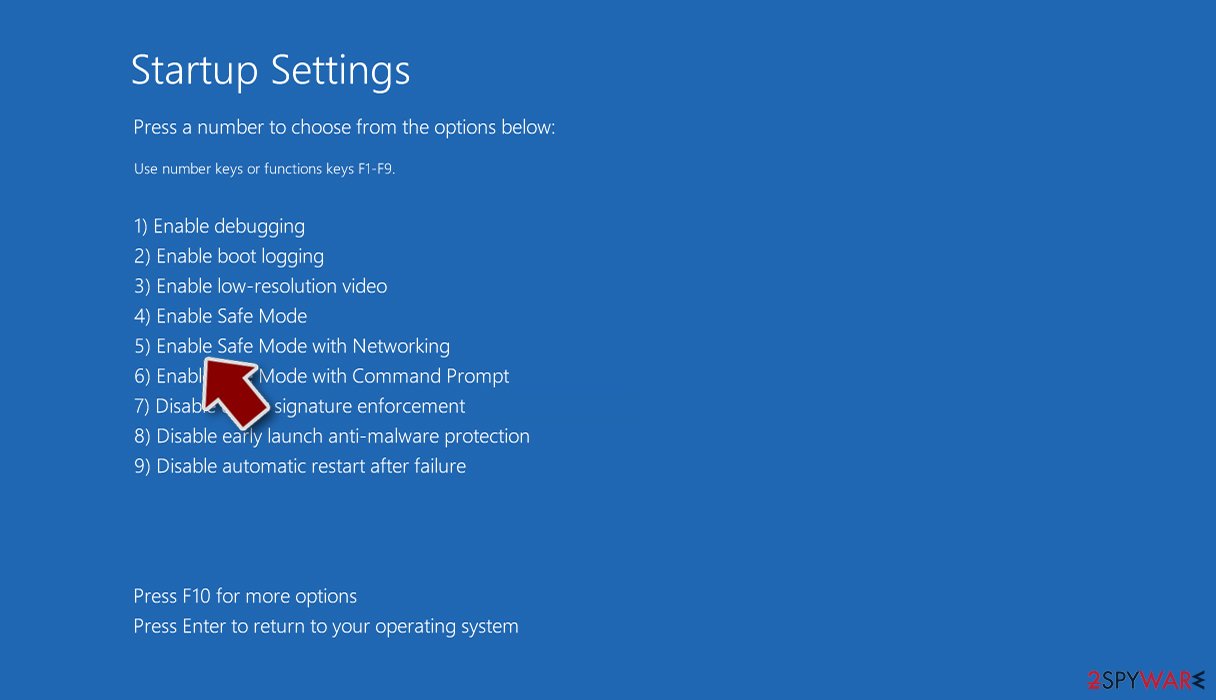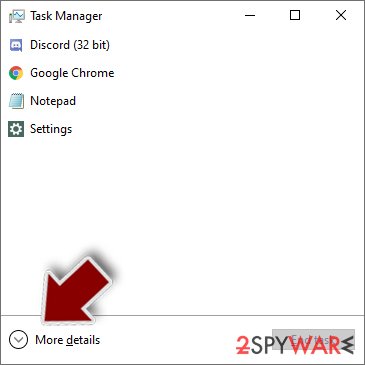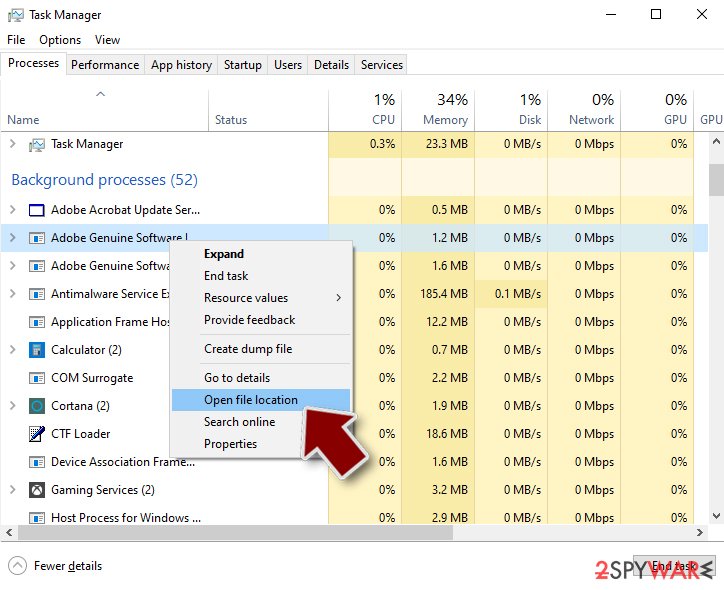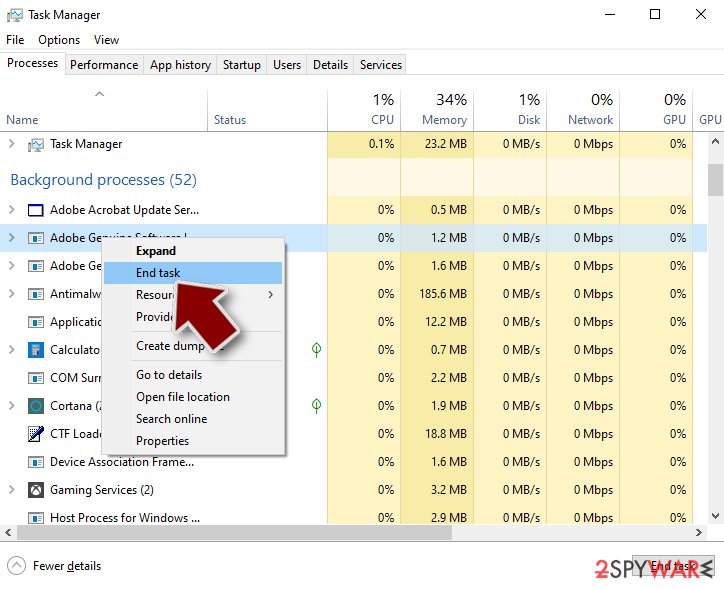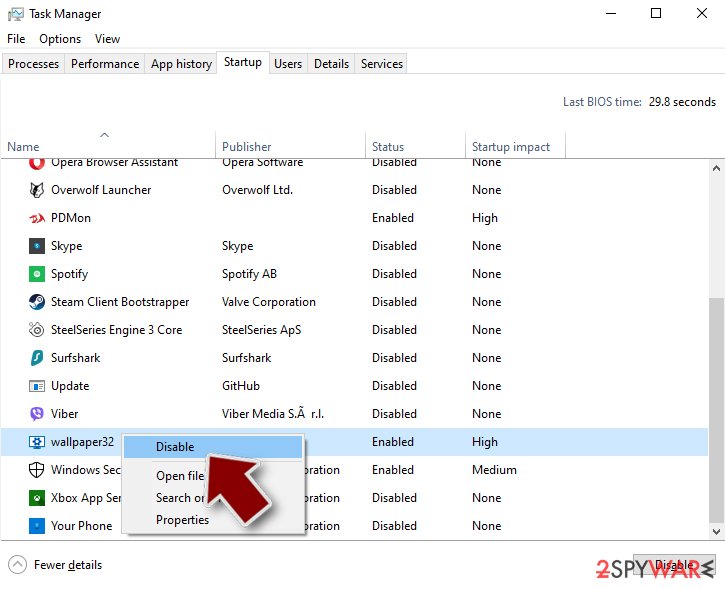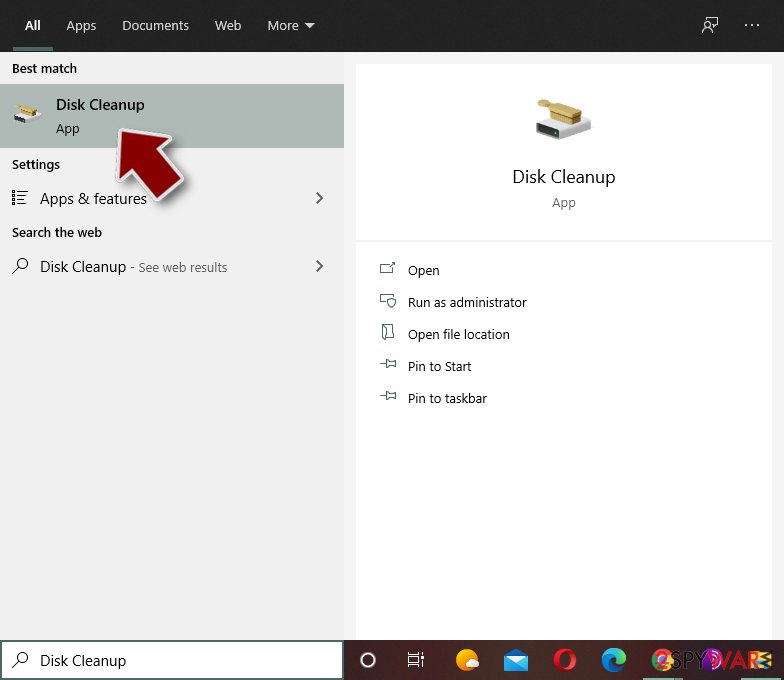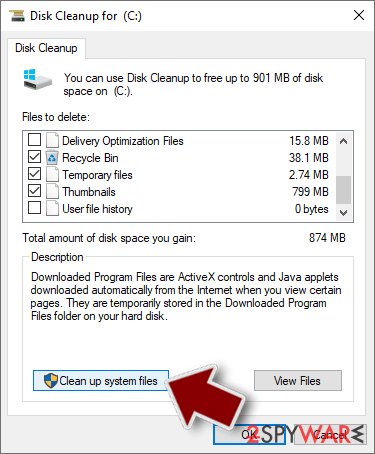CryForMe ransomware / virus (Easy Removal Guide) - Simple Removal Guide
CryForMe virus Removal Guide
What is CryForMe ransomware virus?
CryForMe virus wants to share the spotlight with WannaCry
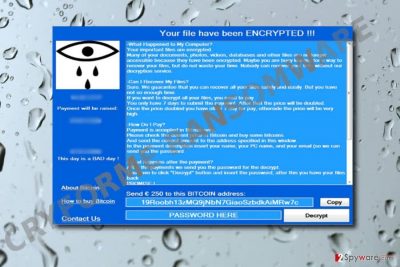
CryForMe virus describes the name of ransomware which clearly sympathizes with the notorious WannaCry threat[1] emerged on May 12, 2017. The latter serves as inspiration for dozens of crooks. As a result: you may have already seen multiple similar versions: WanaCrypt0r, WanaDecrypt0r, WhyCry, etc.
The current malware is designed on the pattern of the open-source HiddenTear virus[2]. Due to its availability, the majority of recent threats are programmed on the basis of this threat.
Taking into the account this factor, it is possible to assume that it might be decryptable. You can choose from several free decryption tools provided by trusted cyber security companies.
The ransom note mentions that there are no other ways to decrypt files except by complying with the demands of hackers. In exchange to the files, crooks require €250 in bitcoins.
Considering available free decryption software, we suggest you to remove CryForMe threat. For that purpose, you may use FortectIntego or Malwarebytes.
Envying the success of WannaCry
As WanaCry caused global chaos for a couple of days forcing cyber security specialists to work overnight to come with the solution, it remains an authority for felons. Regarding the quantity of imitative versions, some of them turn out to be a weak copy or a prank.
Observing CryForMe malware, it is not a mere virus, as it is still capable of personal encoding files. Furthermore, the developers also took some elements from CryptoLocker – they incorporated a clock counting 7 days until the next payment rise-up. If victims fail to transfer the files within this period, the price is said to increase.
Furthermore, the amount of money should be remitted to a specific bitcoin address. You can also contact the perpetrators in the case of technical difficulties.
Since there are chances of data recovery, initiate CryForMe removal and opt for alternative decryption solutions. In case you encounter any difficulties launching a security tool, make use of the below guidelines.
Spreading file-encrypting threats
It is crucial to be aware how this malware spreads in order to prevent it in the future. Less sophisticated threats tend to be distributed in more “likely” domains”: P2P file sharing and gaming websites.
Since the trojan functions via CryForMe.exe, it might be disguised in a fishy application promoted in the said websites. Due to the executable file, you may also spot the malware sooner. If you notice it on the Task Manager, right-click on the task and end it. Reboot the computer to interfere with the encryption process.
Taking into account these factors, it is crucial not only to pay attention to downloaded software and features before enabling them but secure your computer with a cyber security application. Likewise, you will be able to reduce the risk not only of CryForMe hijack, but block similar threats as well. 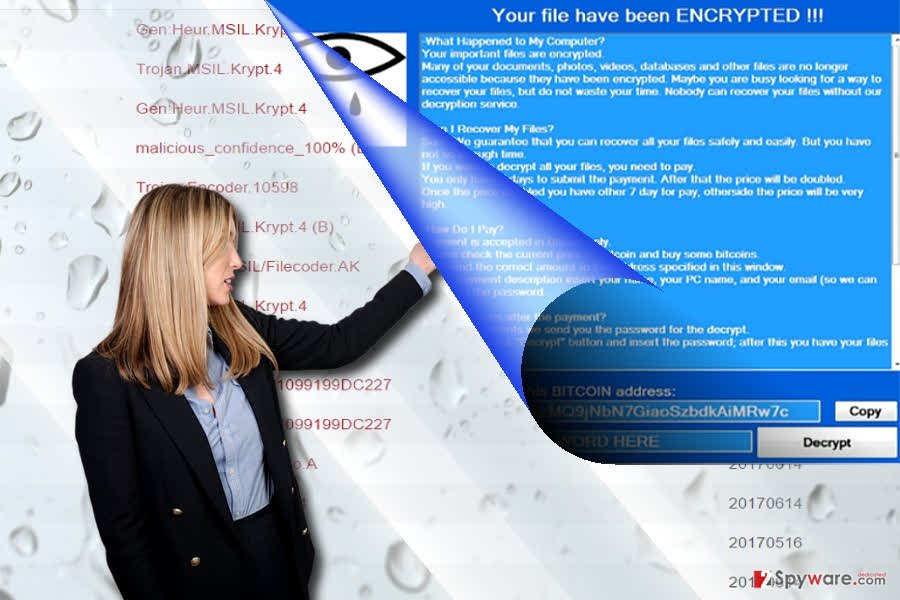
CryForMe elimination guidelines
Considering termination option, manual CryForMe removal is hardly effective, so save time and choose an anti-spyware tool to terminate the infection.
Ensure that the software is updated for it to remove CryForMe.exe virus permanently. In case, the virus deprives you of this right, take a look at the below instructions. At the very bottom of the page, you will also find some data recovery solutions.
Getting rid of CryForMe virus. Follow these steps
Manual removal using Safe Mode
Important! →
Manual removal guide might be too complicated for regular computer users. It requires advanced IT knowledge to be performed correctly (if vital system files are removed or damaged, it might result in full Windows compromise), and it also might take hours to complete. Therefore, we highly advise using the automatic method provided above instead.
Step 1. Access Safe Mode with Networking
Manual malware removal should be best performed in the Safe Mode environment.
Windows 7 / Vista / XP
- Click Start > Shutdown > Restart > OK.
- When your computer becomes active, start pressing F8 button (if that does not work, try F2, F12, Del, etc. – it all depends on your motherboard model) multiple times until you see the Advanced Boot Options window.
- Select Safe Mode with Networking from the list.

Windows 10 / Windows 8
- Right-click on Start button and select Settings.

- Scroll down to pick Update & Security.

- On the left side of the window, pick Recovery.
- Now scroll down to find Advanced Startup section.
- Click Restart now.

- Select Troubleshoot.

- Go to Advanced options.

- Select Startup Settings.

- Press Restart.
- Now press 5 or click 5) Enable Safe Mode with Networking.

Step 2. Shut down suspicious processes
Windows Task Manager is a useful tool that shows all the processes running in the background. If malware is running a process, you need to shut it down:
- Press Ctrl + Shift + Esc on your keyboard to open Windows Task Manager.
- Click on More details.

- Scroll down to Background processes section, and look for anything suspicious.
- Right-click and select Open file location.

- Go back to the process, right-click and pick End Task.

- Delete the contents of the malicious folder.
Step 3. Check program Startup
- Press Ctrl + Shift + Esc on your keyboard to open Windows Task Manager.
- Go to Startup tab.
- Right-click on the suspicious program and pick Disable.

Step 4. Delete virus files
Malware-related files can be found in various places within your computer. Here are instructions that could help you find them:
- Type in Disk Cleanup in Windows search and press Enter.

- Select the drive you want to clean (C: is your main drive by default and is likely to be the one that has malicious files in).
- Scroll through the Files to delete list and select the following:
Temporary Internet Files
Downloads
Recycle Bin
Temporary files - Pick Clean up system files.

- You can also look for other malicious files hidden in the following folders (type these entries in Windows Search and press Enter):
%AppData%
%LocalAppData%
%ProgramData%
%WinDir%
After you are finished, reboot the PC in normal mode.
Remove CryForMe using System Restore
In case the first method failed to restore access to the computer, you might want to use System Restore. Note that the files or applications installed between the present and last created copy of the system image might be lost.
-
Step 1: Reboot your computer to Safe Mode with Command Prompt
Windows 7 / Vista / XP- Click Start → Shutdown → Restart → OK.
- When your computer becomes active, start pressing F8 multiple times until you see the Advanced Boot Options window.
-
Select Command Prompt from the list

Windows 10 / Windows 8- Press the Power button at the Windows login screen. Now press and hold Shift, which is on your keyboard, and click Restart..
- Now select Troubleshoot → Advanced options → Startup Settings and finally press Restart.
-
Once your computer becomes active, select Enable Safe Mode with Command Prompt in Startup Settings window.

-
Step 2: Restore your system files and settings
-
Once the Command Prompt window shows up, enter cd restore and click Enter.

-
Now type rstrui.exe and press Enter again..

-
When a new window shows up, click Next and select your restore point that is prior the infiltration of CryForMe. After doing that, click Next.


-
Now click Yes to start system restore.

-
Once the Command Prompt window shows up, enter cd restore and click Enter.
Bonus: Recover your data
Guide which is presented above is supposed to help you remove CryForMe from your computer. To recover your encrypted files, we recommend using a detailed guide prepared by 2-spyware.com security experts.If your files are encrypted by CryForMe, you can use several methods to restore them:
The benefits of Data Recovery Pro
In case some of your files got corrupted due to a system crash, you might make use of this program. It might come in handy restoring the data affected by ransomware.
- Download Data Recovery Pro;
- Follow the steps of Data Recovery Setup and install the program on your computer;
- Launch it and scan your computer for files encrypted by CryForMe ransomware;
- Restore them.
Using ShadowExplorer
In case the below-offered decrypter does not work, you might use this program which restores the files according to shadow volume copies.
- Download Shadow Explorer (http://shadowexplorer.com/);
- Follow a Shadow Explorer Setup Wizard and install this application on your computer;
- Launch the program and go through the drop down menu on the top left corner to select the disk of your encrypted data. Check what folders are there;
- Right-click on the folder you want to restore and select “Export”. You can also select where you want it to be stored.
CryForMe Decrypter
There is no official decrypter created for this particular threat, but you might make use of HiddenTear decryption software.
Finally, you should always think about the protection of crypto-ransomwares. In order to protect your computer from CryForMe and other ransomwares, use a reputable anti-spyware, such as FortectIntego, SpyHunter 5Combo Cleaner or Malwarebytes
How to prevent from getting ransomware
Protect your privacy – employ a VPN
There are several ways how to make your online time more private – you can access an incognito tab. However, there is no secret that even in this mode, you are tracked for advertising purposes. There is a way to add an extra layer of protection and create a completely anonymous web browsing practice with the help of Private Internet Access VPN. This software reroutes traffic through different servers, thus leaving your IP address and geolocation in disguise. Besides, it is based on a strict no-log policy, meaning that no data will be recorded, leaked, and available for both first and third parties. The combination of a secure web browser and Private Internet Access VPN will let you browse the Internet without a feeling of being spied or targeted by criminals.
No backups? No problem. Use a data recovery tool
If you wonder how data loss can occur, you should not look any further for answers – human errors, malware attacks, hardware failures, power cuts, natural disasters, or even simple negligence. In some cases, lost files are extremely important, and many straight out panic when such an unfortunate course of events happen. Due to this, you should always ensure that you prepare proper data backups on a regular basis.
If you were caught by surprise and did not have any backups to restore your files from, not everything is lost. Data Recovery Pro is one of the leading file recovery solutions you can find on the market – it is likely to restore even lost emails or data located on an external device.
- ^ Alex Hern. WannaCry attacks prompt Microsoft to release Windows updates for older versions. The Guardian. UK and World News.
- ^ Douglas Bonderud. Adverse Learning Conditions? Educational Hidden Tear Ransomware Gets 24 Not-So-Friendly Spinoffs. Security Intelligence. Analysis and Insight for Information Security Professionals.
